Путешествие за границу. Путешествие самолетом
Марина Шакртова, учитель английского языка II квалификационной категорииУрок разработан для учащихся 7 класса по программе М.З.Биболетовой “Enjoy English”.Цель и задачи:- активизация тематической лекс...
Урок разработан для учащихся 7 класса по программе М.З.Биболетовой “Enjoy English”.
Цель и задачи:
- активизация тематической лексики в устной речи учащихся в диалогической и монологической форме в процессе развития иноязычной коммуникативной компетенции обучающихся;
- углубление знаний обучающихся о стране изучаемого языка (создание условий для «диалога культур»);
- развитие умений и навыков обучающихся выразить согласие или несогласие;
- воспитание потребности расширять кругозор, в том числе и за счет информации о странах изучаемого иностранного языка.
Форма проведения: интерактивная беседа.
Ход урока
Teacher: At our previous lessons we said that travelling is very often an important part of people’s life. There are many ways of travelling that attract a lot of tourists. And today I want you to elaborate upon this idea and prove this statement. Our topic is “Travelling abroad. Travelling by plane”.
I would ask you to take your cards. With the help of these key expressions try to give reasons and explain why you are for travelling abroad. Don’t forget your colloquial vocabulary (First, Second, Besides, What is more, By the way, etc.) So consult the list of the words given in your card. Who wants to be the first to speak?
Card 1.
Travelling abroad Arguments in favour of going abroad | |
| - To discover new places in other countries - To be a part of people’s education - To teach people about art and culture - To teach people to be understanding - To broaden the mind - To help people to relax - To make friends with interesting people - On the one hand…, on the other hand… | - Can help to improve the knowledge of foreign languages - Can help to practice speaking English - To accept English as a new means of communication - To learn more about other countries and their traditions - To have an opportunity to go sightseeing |
Student 1: First, I should say that it’s wonderful to discover new places in other countries when you go abroad. Second, travelling abroad is a part of people’s education.
Student 2: By the way, travelling teaches people about art and culture and be understanding. Besides travelling broadens the mind and helps people to relax sometimes after their hard work.
Student 3: May I join the conversation? Travelling abroad can help people practice speaking foreign languages, English for example. Tourists often make friends with interesting people abroad. This can also help them to improve their knowledge of foreign languages.
Teacher: I’d like to say English you are learning at school is of course one of your school subjects. I want each of you to accept it first of all as a means of communication which makes you learn more about other countries, their traditions and customs.
Student: For example, due to English and other foreign languages many people also receive an opportunity to go sightseeing abroad.
Teacher: Ok’, thanks for your answers.
Now say, what kind of transport do you prefer for travelling?
Student: Actually there are a lot of ways of travelling which anyone may choose. People may travel by air, by railway, by sea, by road and certainly on foot. As for me, I’d prefer travelling by car because you can stop whenever you want and wherever you want. That’s why it’s comfortable.
Teacher: Ask your classmates which way of travelling the fastest one is.
Student 1: Which way of travelling is the fastest one?
Student 2: The fastest way of travelling is of course that one by plane.
Teacher: Ask your classmates about advantages and disadvantages of travelling by plane.
Student 3: What can you say about advantages and disadvantages of travelling by plane?
Student 4: No doubt it’s actually rather pleasant to travel by air because it is the most convenient way of travelling but on the other hand it is also the most expensive.
Teacher: Well done.
Now we are going to watch a video “At the airport”. Have you ever been to the airport? (Yes, we have/No, we haven’t). Have you ever travelled by plane? (Yes, I have/No, I haven’t.)
First of all, look at the blackboard and read these key words and expressions. Try to guess their meanings.
(Students read the key words on the blackboard or whiteboard using the presentation. They guess their meanings or the teacher can help them.)
Teacher: Thank you. Now watch the video and listen to the information attentively. What new information will you learn?
(Students watch a video www.english-online.org.uk/begvideocourse/begvideo19.htm.)
Teacher: Now, look at your key vocabulary again and translate the word combinations into English (багаж, ручная кладь, посадочный талон, зона отправления, билет, объявление и т.д.)
Good of you, and now take your other cards for a test. Read the sentences and fill in the gaps. Consult the key vocabulary.
1) A trip on an airplane is called a _____. ( flight.)
2) A flight within one country is called a ____ flight. (domestic.)
3) A flight between different countries is called an ____ flight. (international.)
4) The letters and numbers which identify an airplane making a specific flight are called a ____ _____. (flight number.)
5) A printed piece of paper which allows you to travel on an airplane is a ____. (ticket.)
6) The first thing to do at the airport is ___ ___, which means to register as a passenger for a flight. (check in.)
7) A document which identifies you as a citizen of a certain country and which allows you to travel to other countries is called a ____. (passport.)
8) A stamp in your passport which allows you to travel to another country is called a _____. (visa.)
9) The suitcases and bags which contain your belongings are called ___. (baggage.)
10) A bag which you carry with you on the airplane is called a ___ bag. (carry-on/hand.)
11) A printed card which allows you to get on an airplane is called a___ ___. (boarding pass.)
12) A door which leads from the airport building into an airplane is called a ___. (gate.)
13) The area where you pick up your baggage after a flight is called ___ ___. (baggage claim.)
Teacher: Thank you for your answers. You have done a great work today.
Your home task is to learn these words by heart for using them later. And I am interested in how do you like the lesson today? How do you like your work at the lesson? Show me the sign if you like your work and this sign if you don’t like your work.
See you. Have a nice day.


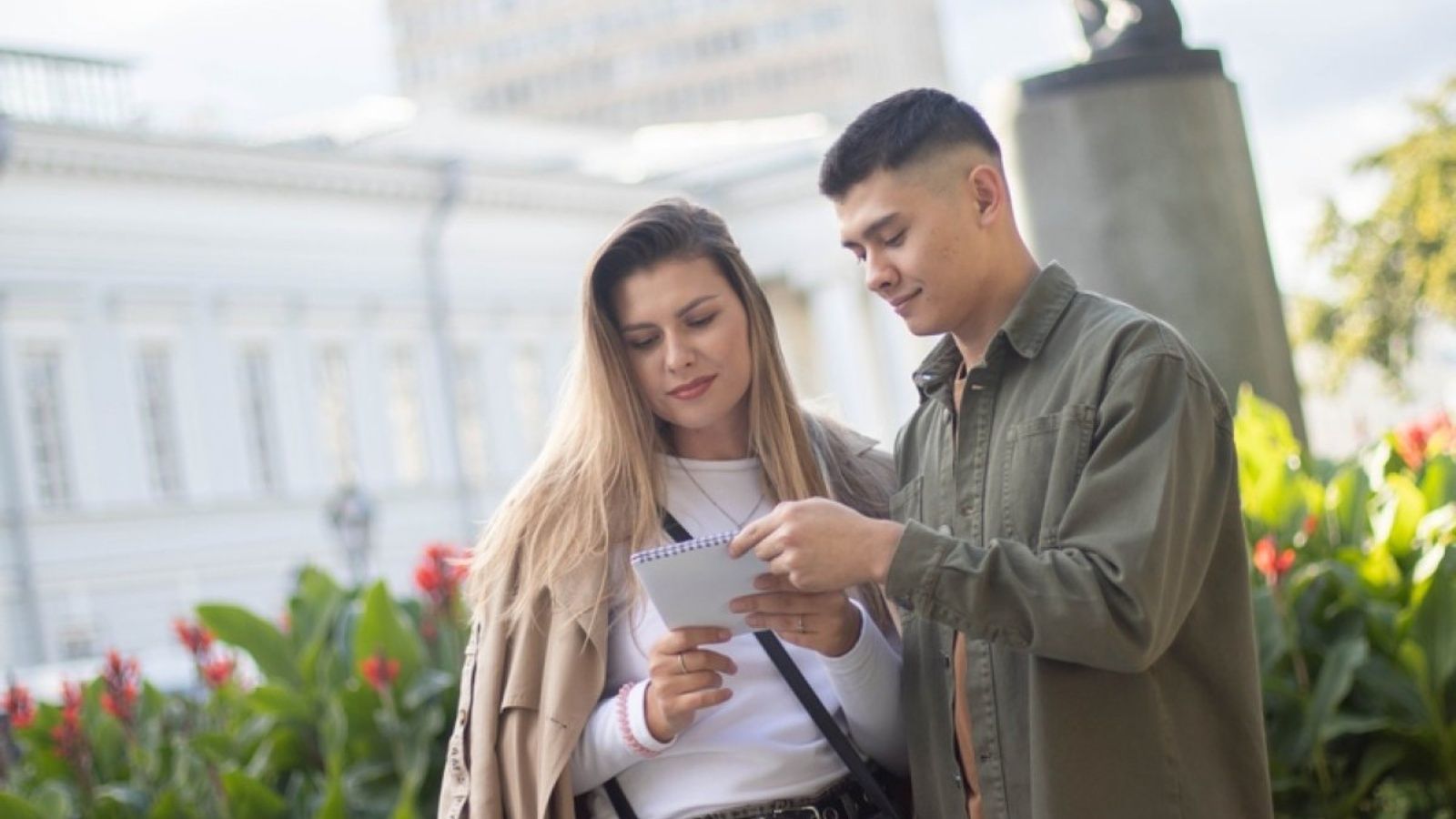

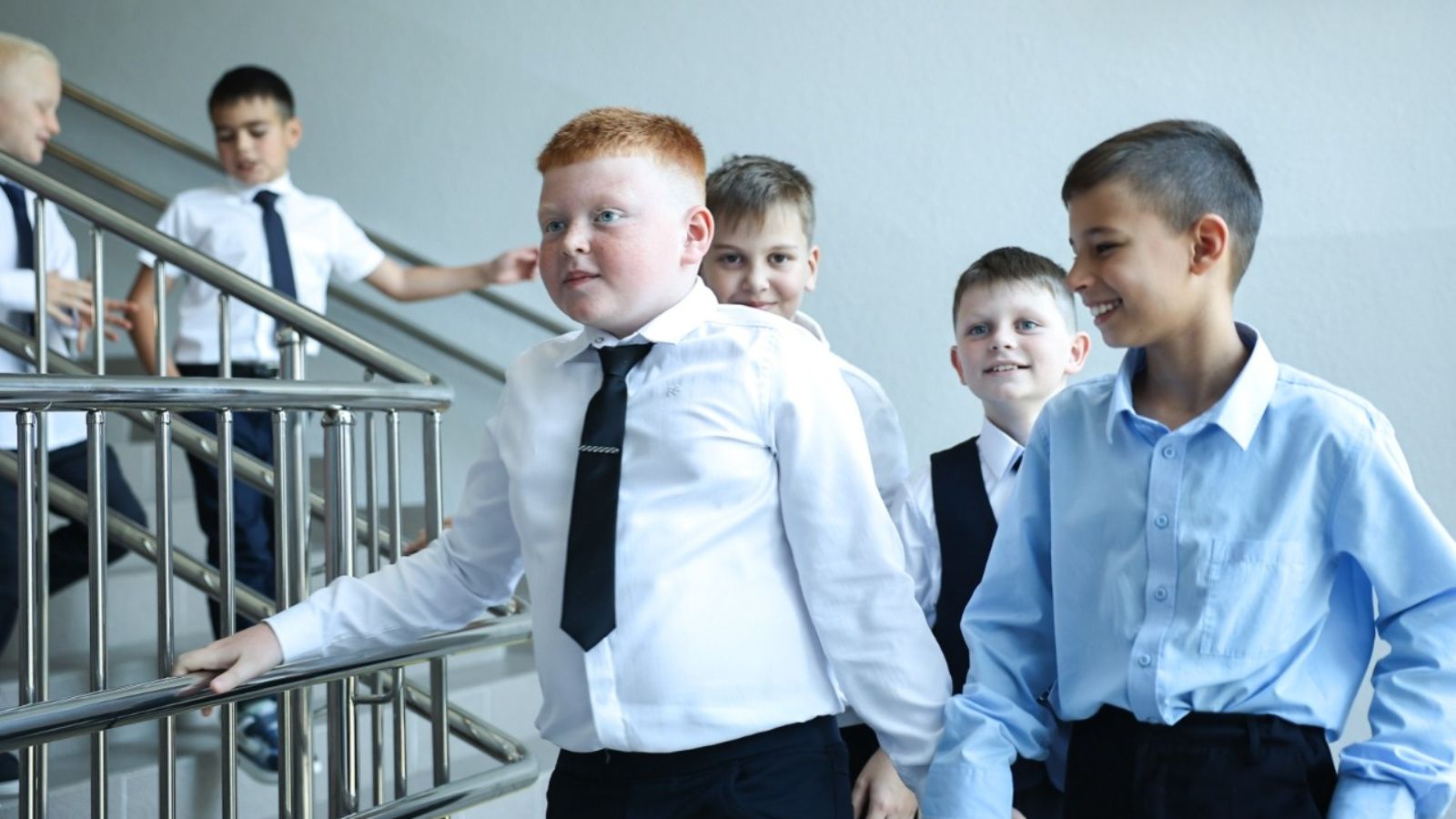
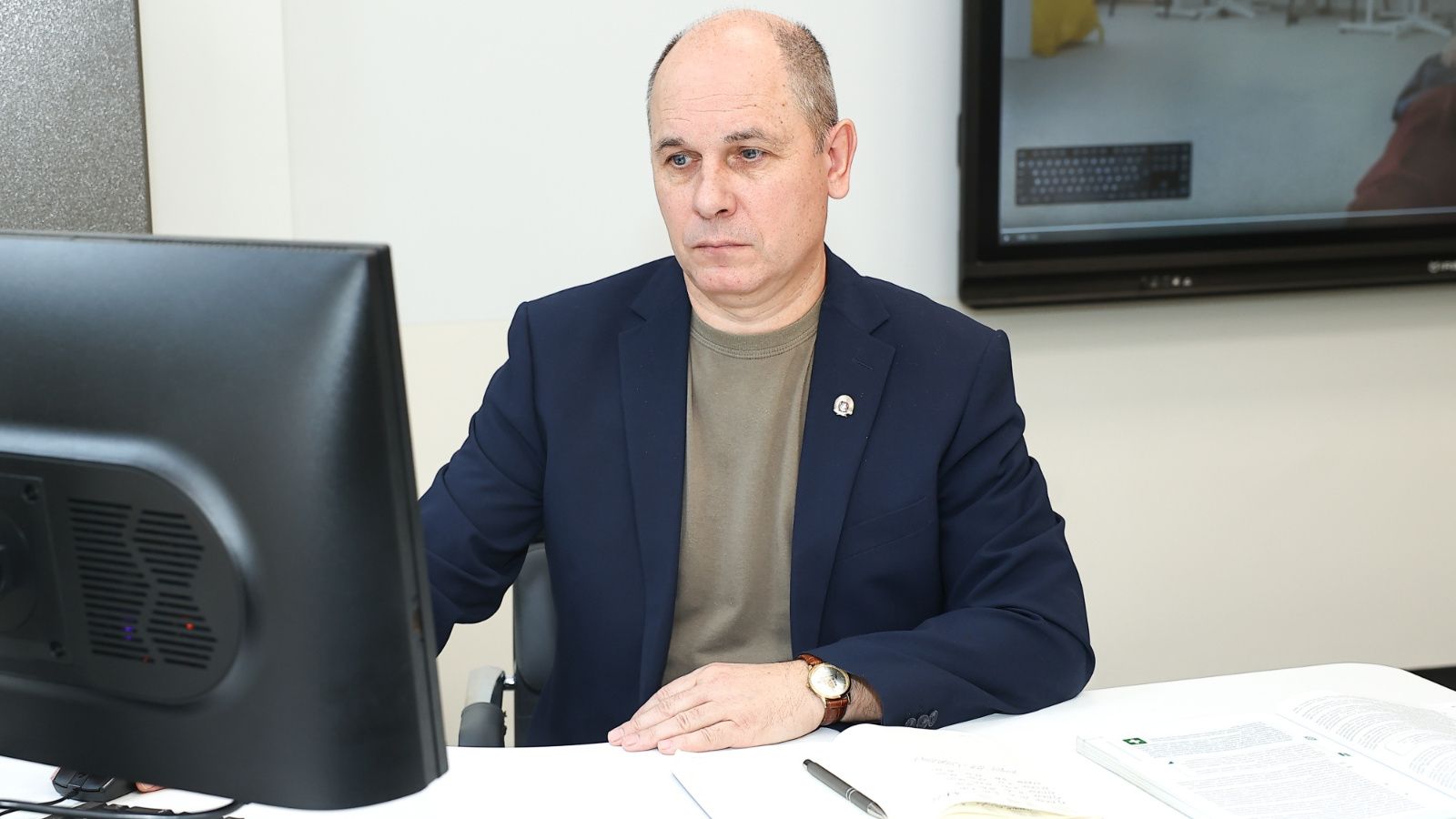

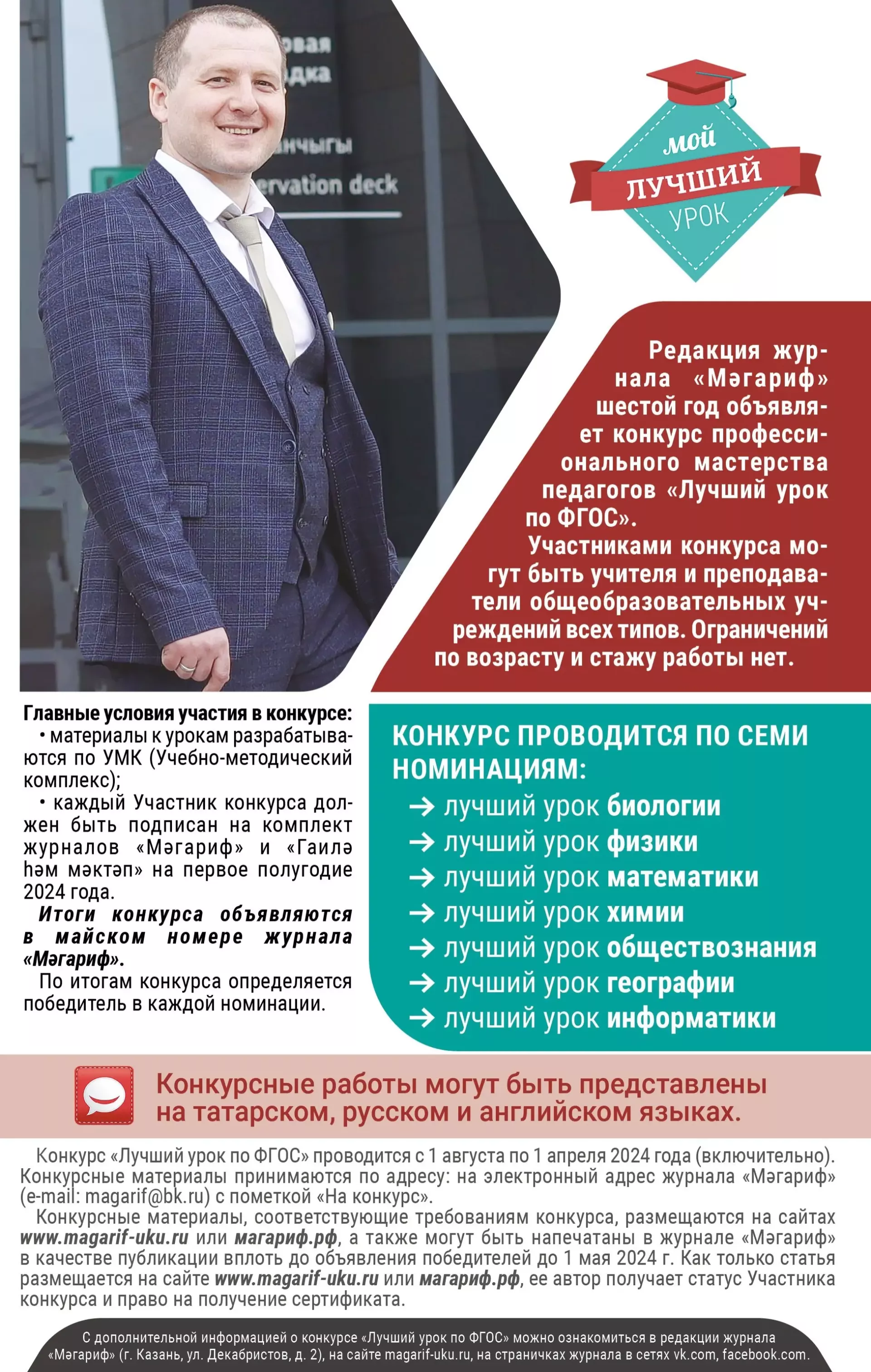
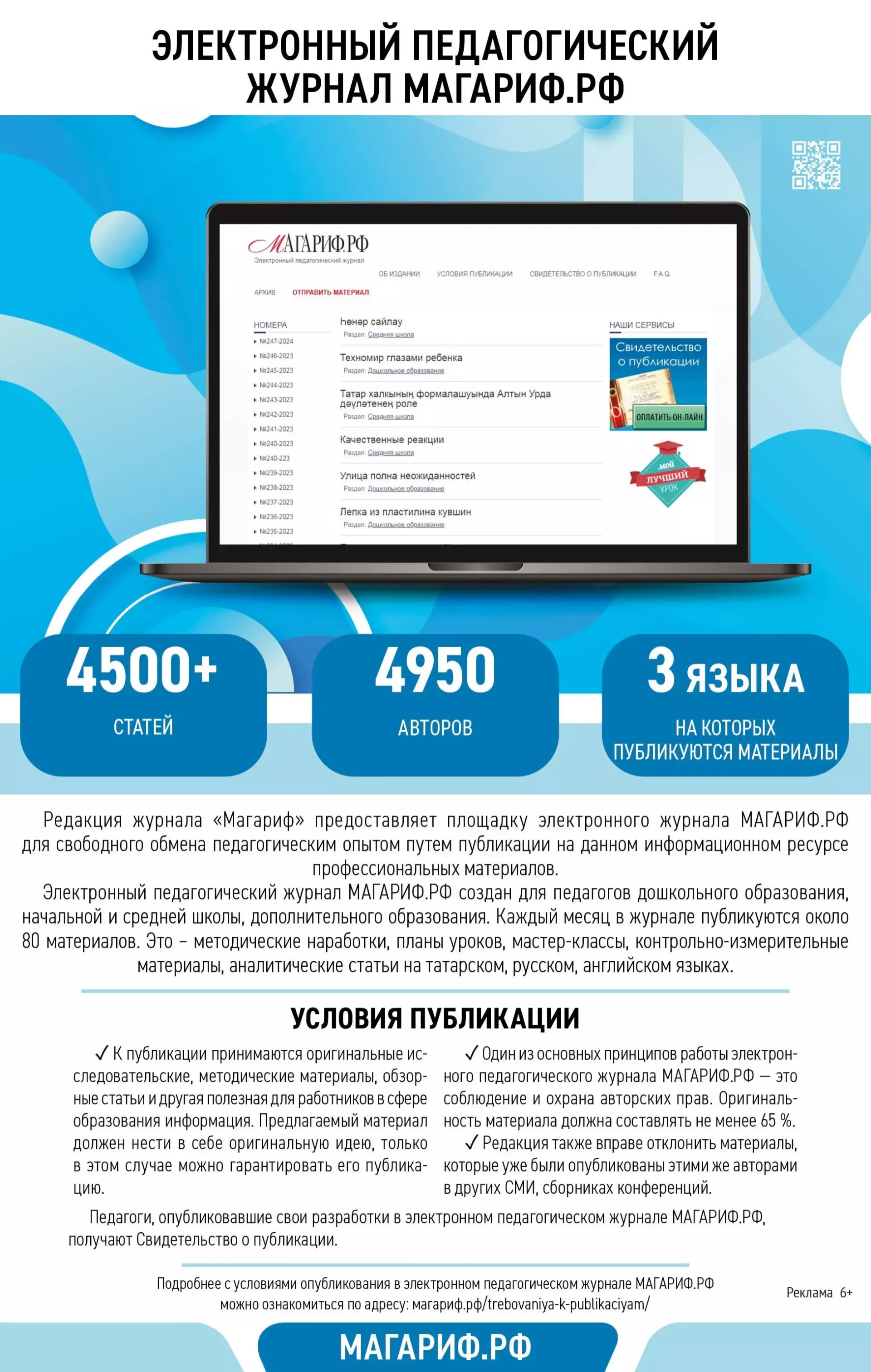
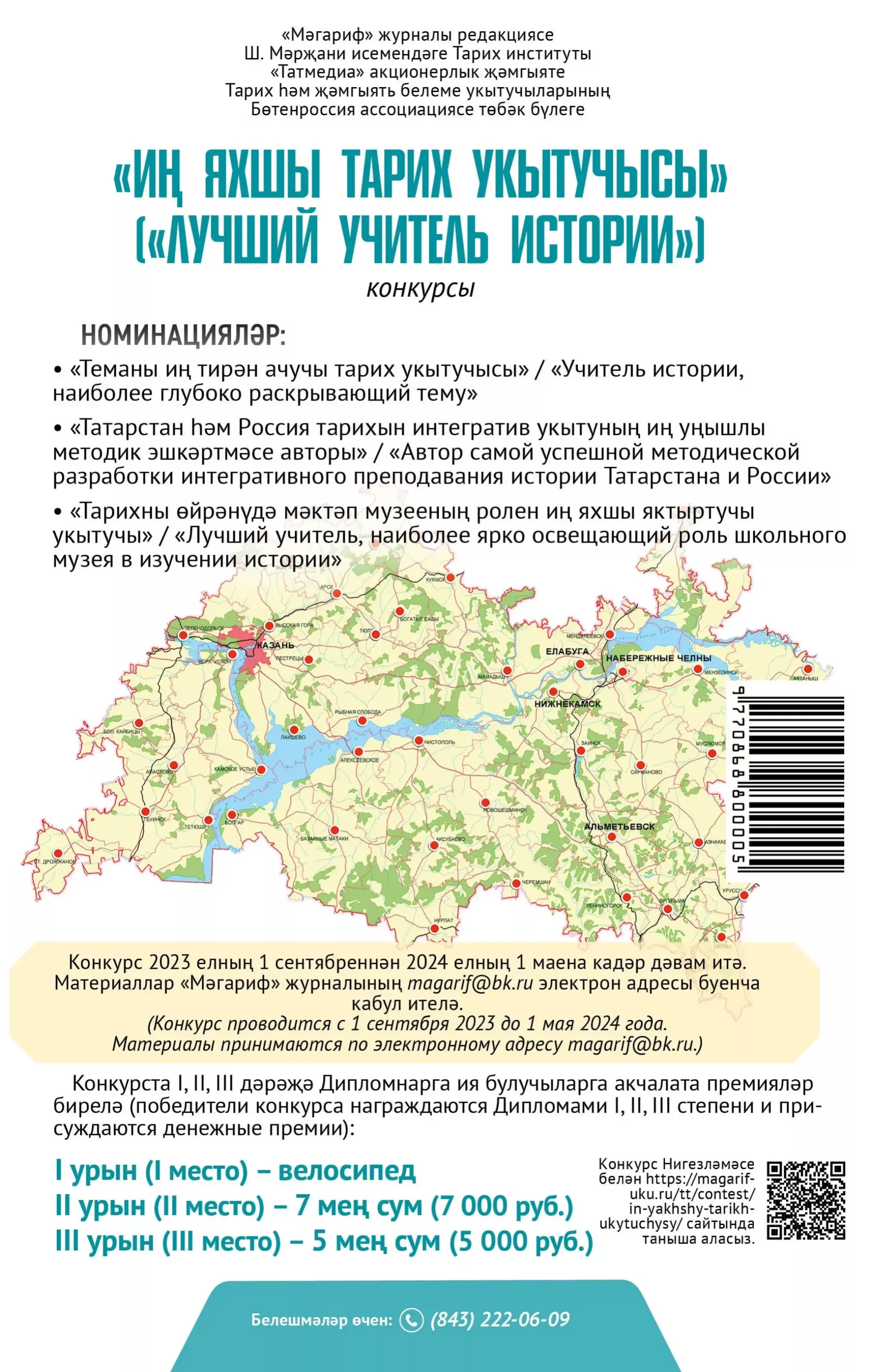
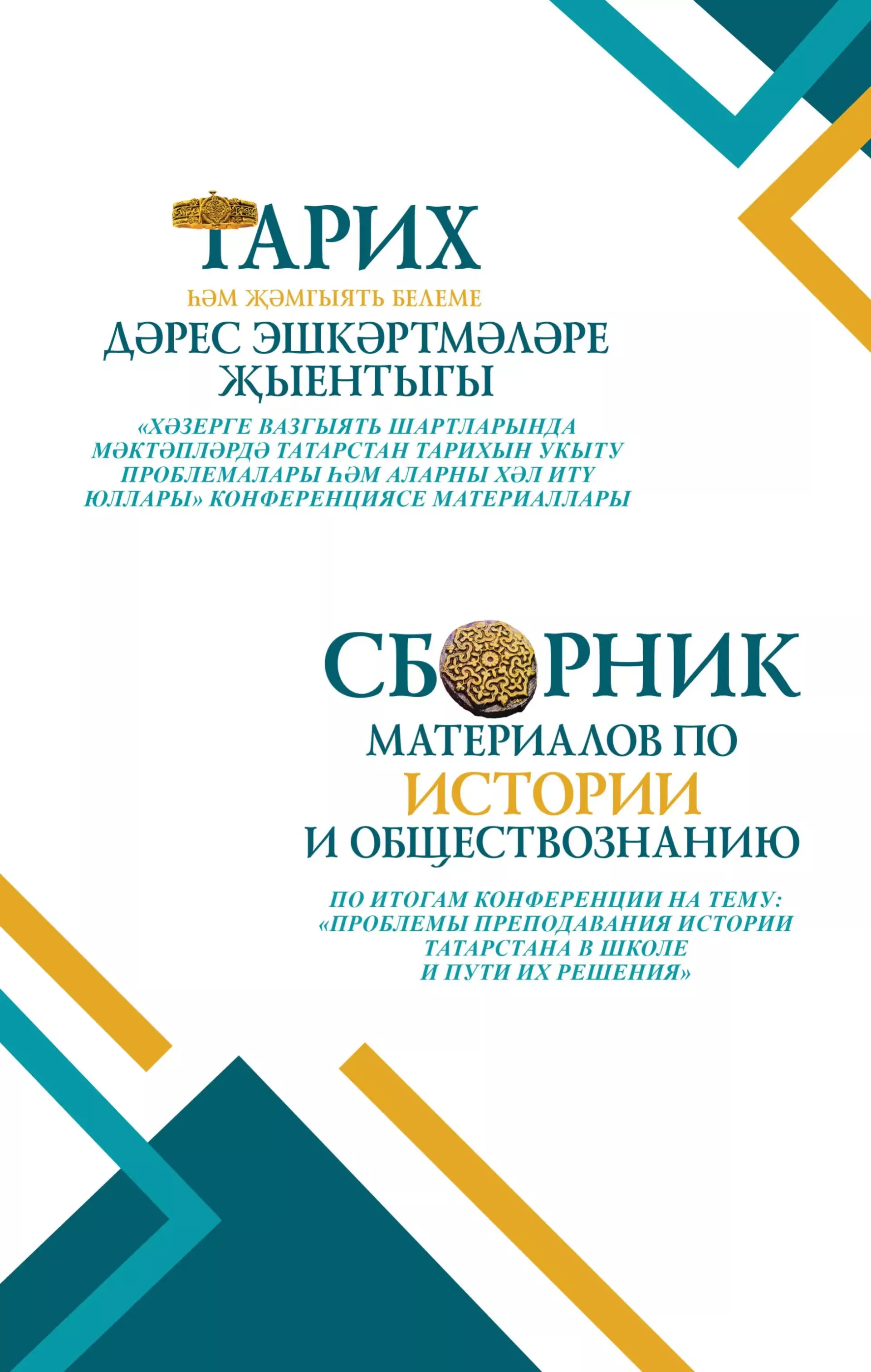
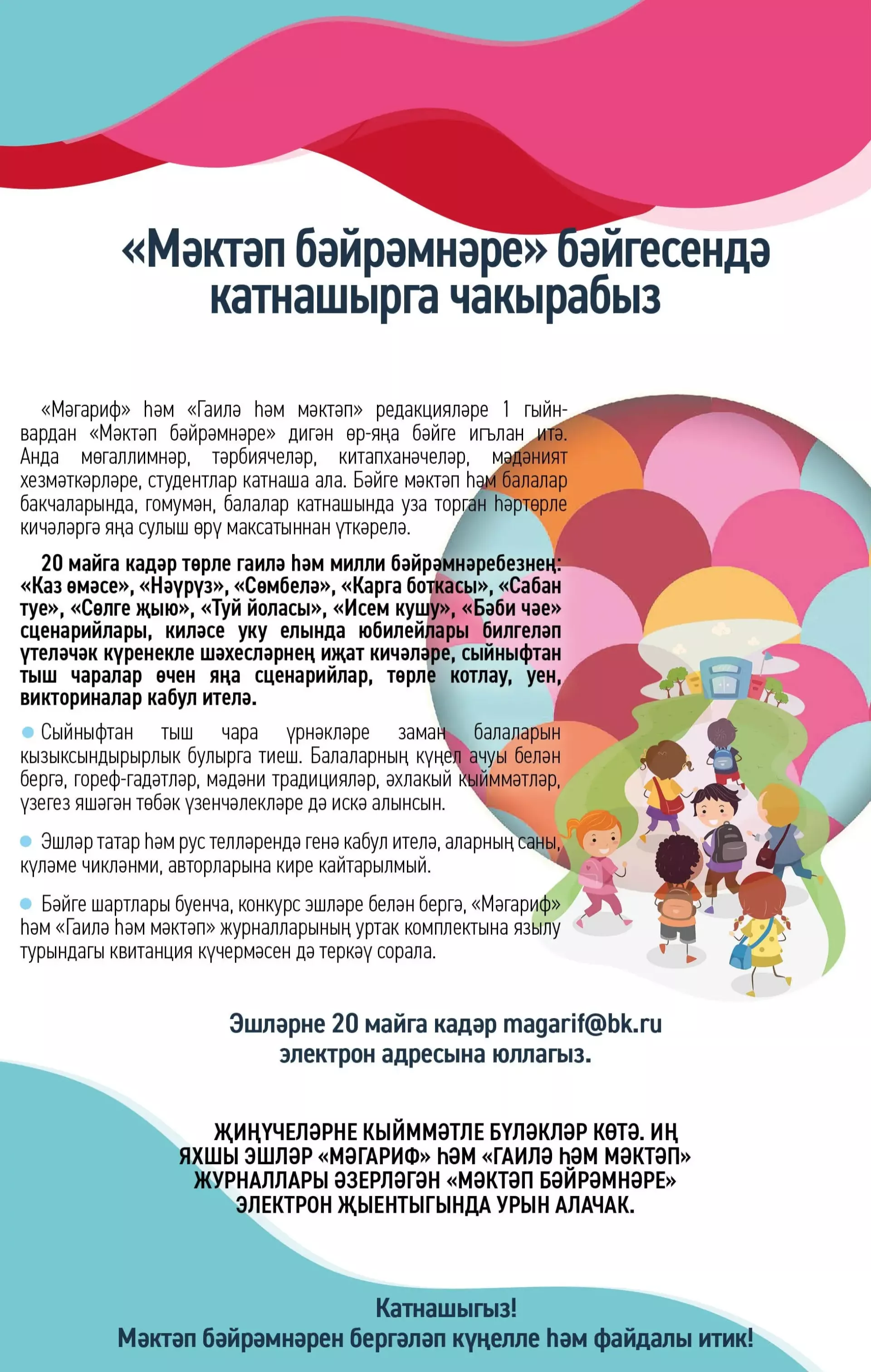
Комментарийлар